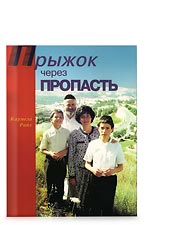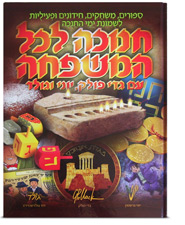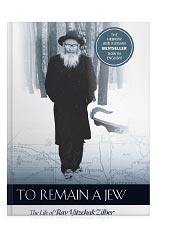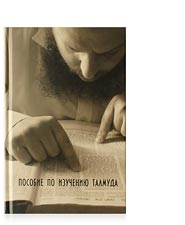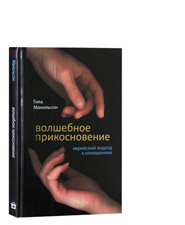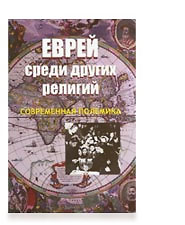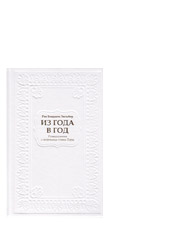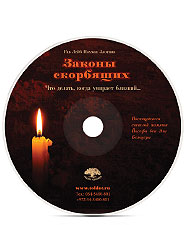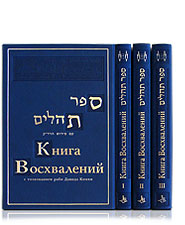
The Memoirs of Rav Yitzchok Zilber zt"l "To Remain A Jew" - Forbidden Circumcision
There was probably no harder period to practice Judaism than the history of Russian Jews in Soviet Russia
There was probably no harder period to practice Judaism than the history of Russian Jews in Soviet Russia. During the times of the Maccabees Greeks introduced gezeiros (decrees that banned circumcision, keeping Shabbos and Jewish holidays, eating kosher, learning Torah – in short they outlawed the Jewish faith), but after a few years the Jews revolted and won. In
Forbidden circumcision
Among the “gezeiros”[1] of the Soviet regime was a ban on circumcision (bris milah). In my other books I described how Jews managed to sneak around this prohibition. I will relate some examples here.
Today few know the name of Rav Mordechai Aharon Asnin. He was a real hero who performed 20,000 circumcisions on Jewish children.
There were many mohels in
Rav Asnin was arrested on the eve of Pesach. People managed to notify others abroad about his arrest. The subsequent protests of world Jewry saved him; he spent a short time in jail. Upon his release, he picked up where he had left off and continued his work.
He knew from experience that when people came to ask him to do a bris there was no time for delay, so the government could not interfere. He would ask right away, “Where is the child? Bring him here fast.”
When Rav Asnin became gravely ill and the last days of his life were approaching, a woman came and asked him to perform a bris. The Rav responded with his usual, “Bring the child here fast.”
His relatives objected, “You are sick; you can’t stand up.”
The Rav only waved his hand. “Not important. While I am alive I have to do this. The day I die, I will stop.”
In fact, this turned out to be his last bris. The next day Rav Mordechai Asnin died. His grandson, Leib Rosegnauz, now lives in
As you see, despite the ban, many Jews still tried to keep the mitzvah of bris milah. For this they had to be clever.
It happened in the 1930s in
The husband was furious. He jumped on the mohel, “You, traitor! Enemy of the people! What did you do to my child?”
The mohel ran away. But the mohel knew a secret unknown to the frightened father: the two men who had accompanied him had done the same for their sons!
One Jew, a commander of the army’s border unit, wanted to make a bris for his son. But how could you bring a mohel to a place where everybody has to be registered and any new face attracted attention? The commander arranged for the mohel to stage an unlawful border crossing. He would surely be detected and brought to the commander of the unit. And that is how it happened. The commander took the arrested mohel to his house, the boy had a bris and the mohel was released.
I heard this story personally from Rav Aharon Chazan, a former Muscovite and now a resident of Bnei Brak. In




